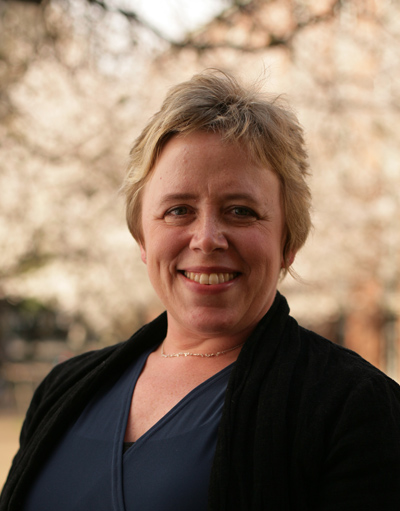
This letter originally appeared in Ampersand, the newsletter of the College of Arts and Science.
Dear Arts and Science friends,
As dean of Arts and Science, I sit in the catbird seat when it comes to the cutting-edge research conducted by our faculty. What a great privilege to work each day in support of our professors’ original discoveries in the science, social science, and humanistic disciplines—and to help to ensure that their discoveries permeate through the classrooms and labs in which our students learn.
So when the campus quieted in June of this year, I joined the faculty who were immersed deeply in their research: I stepped away from Kirkland Hall and reinvested in my own original research during a month of intensive work at the British Library in London. I am an English professor and for more than 20 years, my research has concentrated on 19th-century British literature and culture. Most recently, I have been working on a massive archive of manuscript diaries co-authored—yes, co-authored diaries—by Katharine Bradley and Edith Cooper, two late-Victorian women who published poetry and plays under the male pseudonym “Michael Field.”
To spend a month squinting at the scratchy handwriting of two Victorian women is hard on the eyes. But it is great for the mind. I am writing a book about the challenges the “Michael Fields” pose to many of the orthodoxies of late-Victorian culture, including concepts of authorship, privacy, individual identity, domesticity, and marriage.
Like all research, this is a profoundly creative work of expertise conducted both in solitude and in discourse with interlocutors across my discipline and beyond. It is slow going, and it is intensely absorbing. But as I prepare to go into the classroom this week with a new undergraduate course, I recognize what immediate dividends—in the form of sharper, more nuanced questions—the investment in original research pays for our undergraduates.
Research makes me a better teacher. Teaching makes me a better researcher. And the deep investment in research and teaching makes me a dean better able to lead faculty and students from the inside of their own passion for learning.
Best regards,
Carolyn Dever
Dean